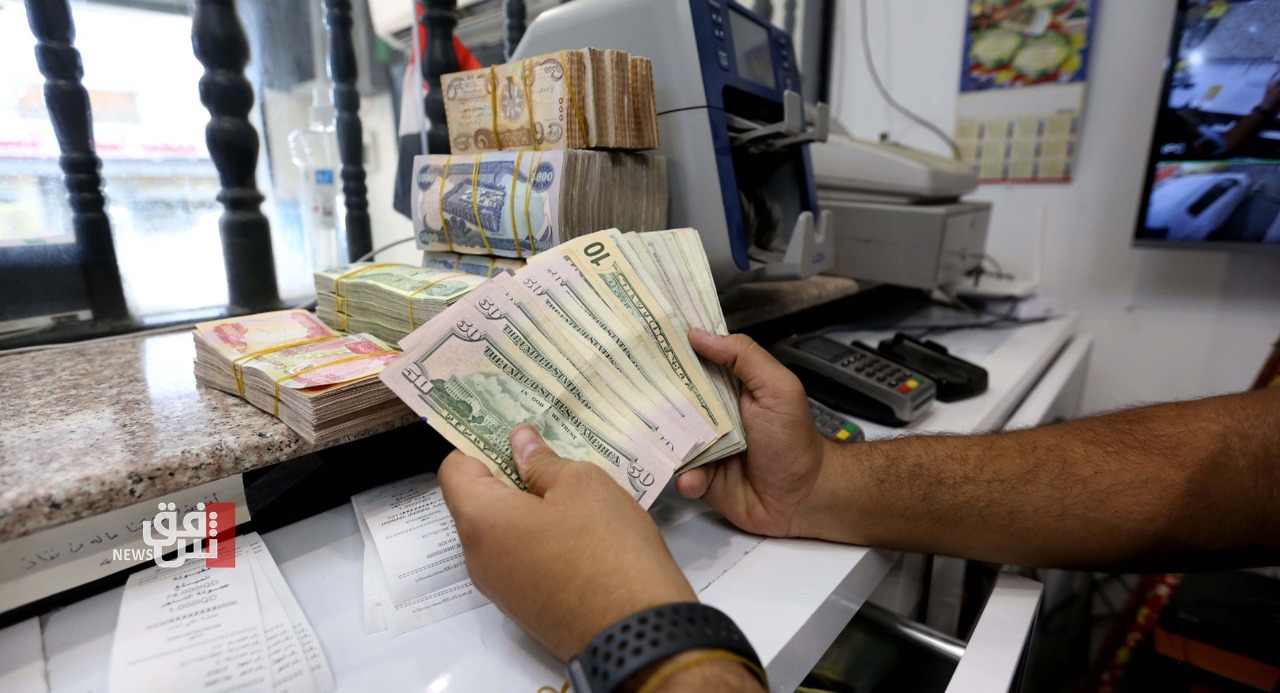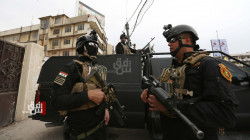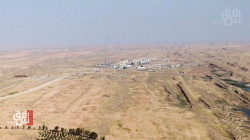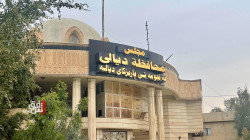Usury haunts Diyala, fueling social unrest and financial distress

Shafaq News/ In Diyala, Iraq, "al-Faiz," a local term for usury, has morphed into social cancer, spreading rapidly and leaving a trail of financial ruin, broken families, and even suicides.
This predatory practice, preying on individuals with limited income options, has become a major cause of conflict, disputes, and despair in the conservative community.
"Al-Faiz has exploded in our province," Salah Mahdi, director of the Human Rights Commission in Diyala, told Shafaq News Agency, "particularly impacting those with fixed incomes like employees, security personnel, and professionals."
He explains how borrowers often end up trapped in a cycle of debt, with interest rates reaching a staggering 400%, rendering repayment nearly impossible. This desperation leads many to mortgage their homes, ultimately evicting families when they can no longer meet their obligations.
"It's an addiction," Mahdi continued. "Even after facing financial hardship and having their debts settled by family, some individuals return to al-Faiz, often losing their salaries by entrusting their cards to lenders."
The consequences are far-reaching, fueling domestic violence and divorce. Some of the victims fled their hometowns.
The financial burden isn't just borne by individuals; it ripples through society. "Ordinary people see their debts balloon to 200-400 million dinars in record time," Mahdi said.
"Influential people exploit the system, using legal loopholes, to seize homes and salaries from indebted borrowers."
Mahdi called the Iraqi "government to intervene to curb al-Faiz and penalize those involved."
Colonel Haitham al-Shammari, spokesperson for the Diyala Police Command, echoes this sentiment. He said al-Faiz-related lawsuits and imprisonments have increased by 70%.
"In one of the cases, a man committed suicide after he accumulated 500 million dinars in debt," said the officer.
Sheikh Ali Mahmoud al-Ali al-Rubaie, director of Diyala Tribal Affairs, expresses concern about the "widespread phenomenon" and its impact on both families and communities.
"The tribes of Diyala refuse to tolerate al-Faiz," he said. "but we agreed not to interfere in the financial affairs of the people. Usury is not on the agenda of our meetings at the tribal diwan. Whoever signs himself with such trouble is responsible for it."





